Shimer Great Books School is a Great Books college that is part of North Central College in Naperville, Illinois. Prior to 2017, Shimer was an independent, accredited college on the south side of Chicago, with a history of being in different cities in Illinois prior to that.
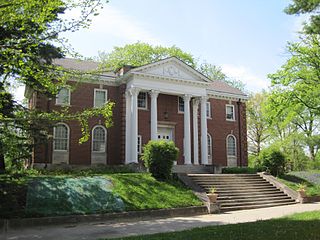
The Campbell Center for Historic Preservation Studies is an American museum studies school located in Mount Carroll, Illinois.

The Herbert Wertheim College of Engineering is the largest professional school, the second largest college, and one of the top three research units at the University of Florida. The college was founded in 1910, and in 2015 was named in honor of Herbert Wertheim – a serial inventor, philanthropist and UF Distinguished Alumnus. Located on the university's Gainesville, Florida campus, the college is composed of nine departments, 15 degree programs, and more than 20 centers and institutes. It produces research and graduates in more than a dozen fields of engineering and science including: aerospace, agricultural, biological, biomedical, chemical, civil, coastal, computer, computer science, digital arts, electrical, environmental, industrial, materials, mechanical, nuclear, and systems.

Samuel James Campbell was a prominent banker, businessman and civic leader in Mount Carroll, Illinois, in the first half of the 20th century. He operated several farms that raised Angus cattle and owned the Kable News Company of Mount Morris, Illinois, a national distributor of magazines. He headed the boards of trustees of Shimer College for more than 20 years, and was also chairman of the board at Beloit College.
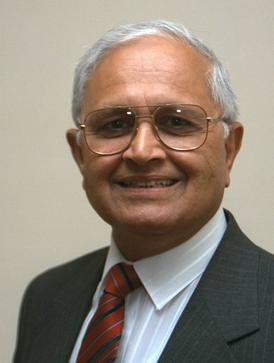
Munir Ahmad Khan, NI, HI, FPAS, was a Pakistani nuclear reactor physicist who is credited, among others, with being the "father of the atomic bomb program" of Pakistan for their leading role in developing their nation's nuclear weapons during the successive years after the war with India in 1971.

James Johnson Duderstadt was the President of the University of Michigan from 1988 to 1996.

Shimer College was founded in 1852, when the pioneer town of Mt. Carroll, Illinois, lacking a public school, incorporated the Mt. Carroll Seminary with no land, no teachers, and no money for this purpose.

Henry Shimer was a naturalist and physician in Mount Carroll, Illinois. He was also a teacher at the Mount Carroll Seminary, which later became Shimer College; he was the husband of the seminary's founder, Frances Shimer.
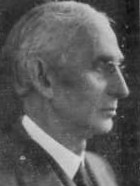
William Parker McKee (1862–1933) was an American educator and Baptist minister. He served as the chief executive of Shimer College from 1897 to 1930, a position known at the time as "Dean". During this period the school was known by turns as the Frances Shimer Academy, Frances Shimer School, and Frances Shimer Junior College. The second executive of the college following its founder Frances Shimer, Dean McKee was also the second longest-serving executive in Shimer's history. He oversaw the rebuilding of the campus following the fire of 1906, and the commencement of the junior college program shortly thereafter.
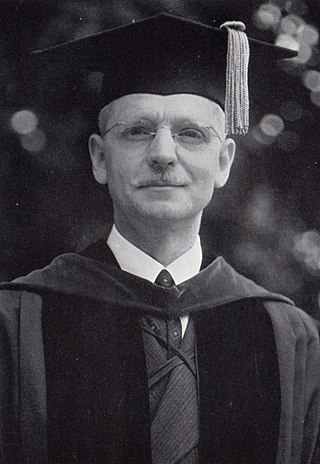
Raymond Benjamin Culver was a Baptist educator in the United States and the fourth president of Shimer College.

Francis Joseph Mullin, also often known as F.J. Mullin or Joe Mullin, was an American academic and the seventh president of Shimer College. He was raised Catholic, but became an Episcopalian as a teenager. He was key in engineering Shimer's brief period as an Episcopal-affiliated college; the school had previously had a Baptist affiliation.

Floyd Cleveland Wilcox was the third president of Shimer College, serving from 1930 to 1935. His leadership, though marked by controversy, saw the school through the most difficult years of the Great Depression. He oversaw the transition of the school's curriculum from a two-year to a four-year junior college program.

Albin Carl Bro (1893–1956) was a Christian missionary and educator, United States diplomat, and the fifth president of Shimer College.

Aaron John Brumbaugh was a higher education administrator and professor of education, and the sixth president of Shimer College.
The Mount Carroll Seminary was the name of Shimer College from 1853 to 1896. The Seminary was located in Mount Carroll, Illinois, in the United States. A pioneering institution in its time and place, the Mount Carroll Seminary served as a center of culture and education in 19th-century northwestern Illinois. Despite frequent prognostications of failure, it grew from 11 students in a single room to more than 100 students on a spacious campus with four principal buildings. Unusually for the time, the school was governed entirely by women, most notably the founder Frances Wood Shimer, who was the chief administrator throughout the Seminary's entire existence.
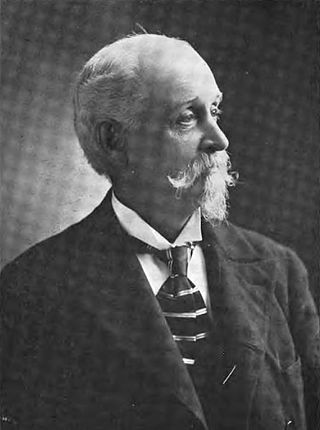
David Hilton Wheeler was a 19th-century American academic, newspaperman and college president, and also served as the US ambassador to Italy under the Lincoln administration. Active in politics, he was a fierce advocate of public education, which was then a core part of the Republican party platform. In the 1850s, he taught at Cornell College in Iowa and Shimer College in Illinois. He later taught at Northwestern University, where he served as interim president from 1868 to 1869. He subsequently became president of Allegheny College, serving from 1883 to 1888 and again from 1890 to 1893. In addition to his educational and political work, he was known for his writings on Italian history, including Brigandage in South Italy .

Arthur Brough Bronwell was an American professor of electrical engineering who served as president of Worcester Polytechnic Institute (1955–1962) and dean of the University of Connecticut School of Engineering (1962–1970). A building on UConn's campus was named in his honor.
















